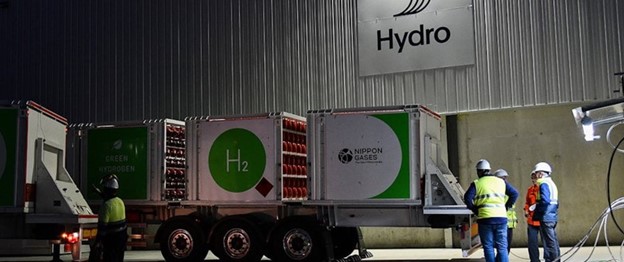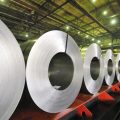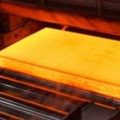The tests are a breakthrough in the creation of carbon-free aluminum. The first batch of recycled aluminum manufactured by Hydro using green hydrogen as fuel has been successfully produced.
In the tests, which were conducted at the extrusion plant that Hydro operates in Navarra (Spain), the green hydrogen fuel used in the smelter for aluminum recycling replaced the natural gas typically used as fuel.
“We are excited about conducting these tests because they demonstrate Hydro’s ambition and dedication to the process of decarbonizing the industry. We will be able to create recycled aluminum from carbon-free post-consumer waste by eliminating CO2 emissions from the energy source,” said Paul Warton, executive vice president of Hydro Extrusions.
In conjunction with Fives, an industrial engineering firm with expertise in hydrogen burner technology and the design of the components and controls necessary for operation, the tests were conducted and supervised by experts from Hydro Havrand, a Hydro company that specializes in green hydrogen. effectively and safely.
“This test demonstrates that hydrogen can be used to produce aluminum and is a component of developing commercial solutions for fossil fuel replacement,” said Per Christian Eriksen, CEO of Hydro Havrand, who added that “green hydrogen can eliminate emissions that are difficult to eliminate.” reduce in processes where electricity is not an alternative. This applies to the aluminum industry as well as other heavy industries.”
One of the most promising emission-free fuels for the industry’s most challenging emissions is green hydrogen. Green hydrogen can replace fossil fuels in processes requiring high temperatures, as in the aluminum industry, for example. The tests in Navarra are the first to successfully use hydrogen as an energy source in the industrial production of aluminum.
The tests also shed new light on the possible consequences for metal quality of using natural gas instead of hydrogen. Due to the fact that hydrogen behaves differently than natural gas and burns at a different temperature, the study will examine how these variations may affect the quality of the aluminum produced and the smelting process used to recycle the aluminum. The findings of this research could be applicable to the use of hydrogen in other high-temperature processes, such as those used in the cement or glass industries.
Before the end of the year, Hydro and Fives will publish a report based on their ongoing analysis of the test results. In the most challenging sectors to electrify, such as heavy industry and transportation, Hydro aims to provide green hydrogen and lead projects to switch to a different fuel.













